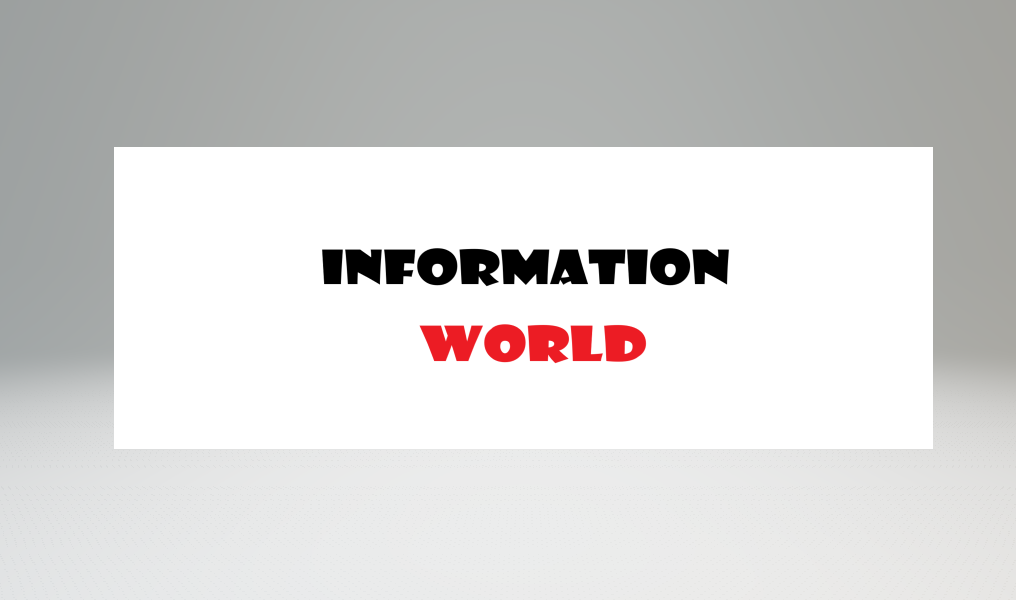Introduction
Computers, the cornerstone of the digital age, have revolutionized the way we work, communicate, and process information. These machines have ushered in an era of unparalleled efficiency, connectivity, and innovation. However, along with their numerous advantages, computers also bring a host of disadvantages that impact various facets of individuals' lives and society as a whole. This article aims to provide a comprehensive exploration of the drawbacks of computers, delving into their potential pitfalls, negative effects on health, privacy concerns, environmental implications, and the need for responsible usage.
Impact on Physical Health
Extended computer usage can have adverse effects on physical health. Prolonged screen time can lead to digital eye strain, causing symptoms such as dry eyes, headaches, and blurred vision. Poor posture while using computers can contribute to musculoskeletal problems, including neck and back pain. Additionally, excessive typing and mouse usage can lead to repetitive strain injuries, affecting hand and wrist health.
Sedentary Lifestyle and Obesity
Computer usage often contributes to a sedentary lifestyle, as individuals spend extended periods sitting while working, studying, or engaging in entertainment activities. This lack of physical activity can lead to weight gain, obesity, and associated health problems, including cardiovascular issues, diabetes, and decreased overall fitness.
Mental Health Impact
While computers enhance productivity and provide access to information, they can also impact mental health. Excessive screen time, digital distractions, and the pressure to constantly multitask can lead to cognitive overload and decreased focus. The addictive nature of computers and the constant influx of notifications can contribute to anxiety, stress, and burnout.
Privacy Concerns and Data Security
Computers facilitate the collection, storage, and transmission of vast amounts of personal data. This has led to significant privacy concerns and data security issues. Instances of data breaches, hacking, and unauthorized access to sensitive information underscore the challenges of maintaining digital privacy and safeguarding personal data from malicious actors.
Environmental Impact
The production, use, and disposal of computers contribute to electronic waste (e-waste), which poses significant environmental challenges. E-waste contains hazardous materials that can contaminate soil and water, posing health risks to humans and ecosystems. Moreover, the energy-intensive processes involved in manufacturing and operating computers contribute to carbon emissions and resource depletion.
Technological Dependence and Addiction
The increasing reliance on computers and technology can lead to dependence and addiction. Individuals find themselves compulsively checking emails, social media, and online platforms, often to the detriment of real-world interactions and experiences. The constant connectivity and information overload can hinder individuals' ability to disconnect and engage in offline activities.
Loss of Human Interaction
While computers facilitate communication and connectivity, they can also lead to a loss of genuine human interaction. The prevalence of online communication can diminish face-to-face interactions, affecting the depth and quality of relationships. The ease of virtual interactions can sometimes result in shallow connections that lack the emotional nuances of in-person conversations.
Impact on Employment and Skill Requirements
The automation capabilities of computers have raised concerns about job displacement and shifts in skill requirements. Routine tasks that can be automated are at risk of being replaced by machines, leading to unemployment and shifts in the job landscape. Workers may need to adapt and acquire new skills to remain relevant in an increasingly digitized workforce.
Ethical Concerns and Unintended Consequences
Computers and artificial intelligence raise ethical dilemmas, particularly in areas such as data privacy, AI decision-making, and the potential for biased algorithms. The use of AI in sensitive domains like criminal justice and healthcare can result in unintended consequences and reinforce existing inequalities.
Digital Divide and Access Disparities
While computers offer unprecedented access to information and services, not everyone has equal access to their benefits. The digital divide—a gap between those who have access to computers and the internet and those who don't—can exacerbate socioeconomic inequalities. Limited access to digital resources can impact education, economic opportunities, and the ability to participate fully in the digital age.
Conclusion
Computers have transformed the way we live and work, but they are not without their disadvantages and challenges. From their impact on physical and mental health to privacy concerns, environmental implications, and the potential loss of human interaction, computers present a complex array of drawbacks. Responsible usage, digital literacy, and the cultivation of a healthy balance between online and offline activities are crucial for harnessing the power of computers while safeguarding individual well-being and societal values. Striking this balance requires a collective effort, ethical considerations, and a commitment to mindful computer usage.





















0 Comments